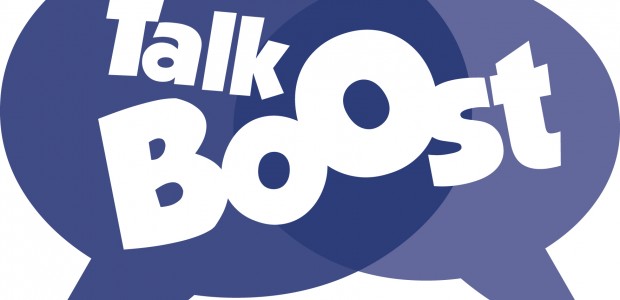The school has been running Talk Boost sessions in their classrooms for nearly two years..
Ms Townshend writes: “Since then, the majority of our teaching staff (9 Teachers and 11 Learning Support Assistants) have been trained to deliver Talk Boost. During each cohort’s three years at our school, approximately 40-50% of them will have undergone the Talk Boost intervention and the most vulnerable of each cohort (10-15%) will have completed it twice.
“Talk Boost was great for us because as a school focussed on communication, we were missing an intervention programme – there just isn’t anything like it out there. The progress that all the children have made has been good – the impact on their confidence, conversational abilities like eye-contact and waiting to speak have all greatly improved.
“The pupils from Year 2 who took part in the first Talk Boost group in Autumn 2012 made almost 12 months progress in their levels. All of the group had a 7 year old reading age by Summer 2013 due to the focus on their speaking and listening. When we first introduced Talk Boost, 4% of our children in Reception (now Year 2) were at the national expectation for Communication, Language and Literacy. At the end of this year, our Year 2 group 90-95% will achieve national expectations and above.
“Throughout this year we have run seven Talk Boost groups across Reception, Year 1 and Year 2. All children make 9-12 months progress upon completion of the intervention which is still the highest rate of progress from any other intervention we have trialled. Children with additional needs in communication usually repeat the program a second time and then also achieve 9-12 months progress. This year staff have been utilising many of the strategies as a matter of course in their day to day teaching. When we had OFSTED in January, comments were made regarding the vast improvement in sentence construction in Reception since they started in September. It was also noted that this good foundation was being firmly embedded to support their communication and their writing skills by the time they reached Year 1 and Year 2.”
Benefits of Talk Boost described by Ms Townshend include:
-
An essential intervention program that improves communication skills for all children.
-
The precision of the Talk Boost program enables focus on specific groups within each year group.
-
The children themselves love Talk Boost – they choose which activities to take back into the classroom
-
The children are the experts for the weekly classroom activities they really enjoy this and it builds their confidence.
Ms Townshend continues: “After the initial time and investment, our school staff have found Talk Boost easy to implement and enjoyed using the resources. We will continue to use Talk Boost on a yearly basis so half our children, by the time they reach Year 2, will have gone through the intervention. Over the last two years I have shared this program with many other schools and outside agencies all, without exception, have thought it was a carefully put together intervention which would be useful to their school.”
I CAN is the children’s communication charity. They are experts in helping children develop the speech, language and communication skills they need to thrive in a 21st century world. The charity’s vision is a world where all children have the communication skills they need to fulfil their potential. Their mission is that no child should be left out or left behind because of a difficulty speaking or understanding.
For more information go to www.ican.org.uk/
Written by Rachel Harrison, speech and language therapist, on behalf of Integrated Treatment Services. www.integratedtreatmentservices.co.uk










